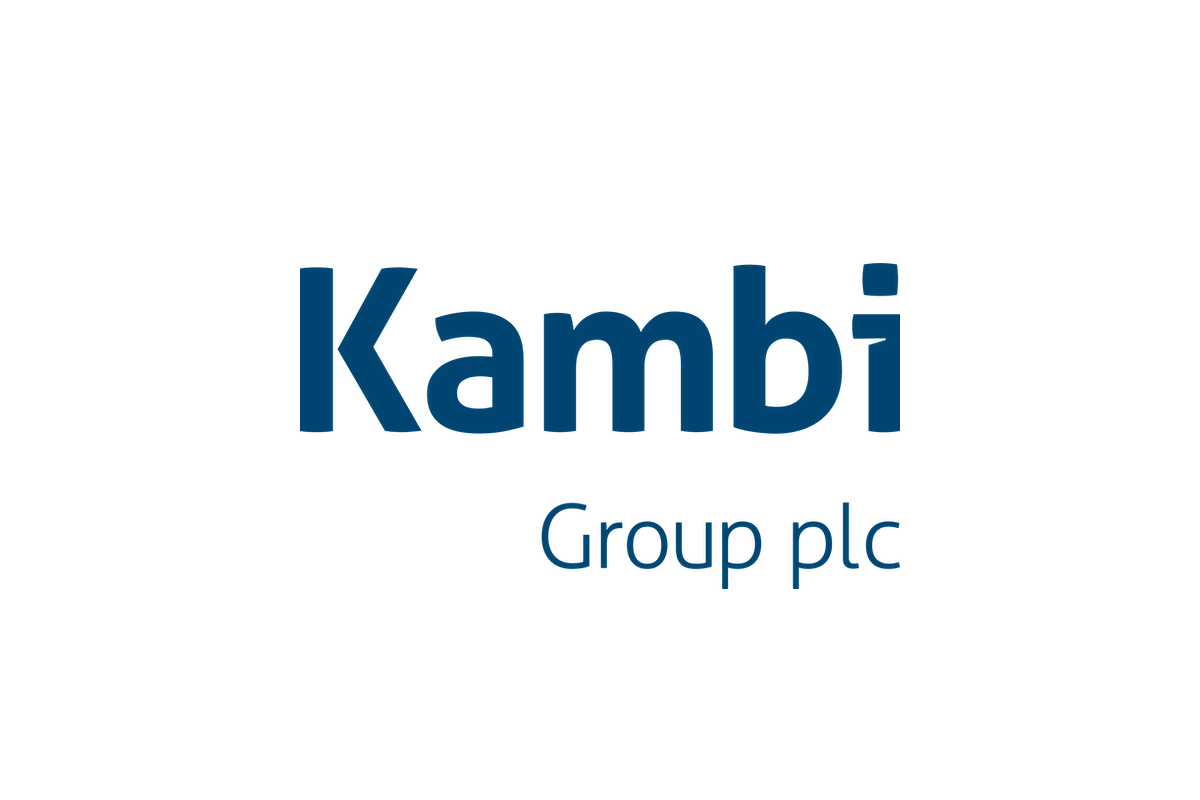
Sports Betting Market to Rise at a CAGR of 9.8% during Forecast Period 2022-2031, notes TMR Study
Transparency Market Research Inc. – In 2021, the value of global sports betting market reached US$ 261.6 Bn. The global market is forecasted to rise at a CAGR of 9.8% during the forecast period, from 2022 to 2031. The global sports betting industry value is estimated to attain value of US$ 653.5 Bn by 2031. It is anticipated that the growing popularity of sports across the globe will propel the market for sports betting. In contrast to football betting, which is extremely prevalent in both North and South America, online cricket betting is growing in popularity in the Asia Pacific.
The proliferation of the internet has raised traffic to some of the top sports betting websites across the globe. In order to draw sports fans to betting, businesses in the industry employ aggressive marketing techniques including risk-free wagering for a set amount of time and sign-up bonuses for new customers. In order to help customers make the best wagers, online sports betting guide is gaining popularity. Such promotional measures are expected to fuel sports betting industry growth in the forthcoming years.
Recent developments in the sports betting market indicate that viewers are becoming more and more interested in watching a variety of sports genres on a global scale. A case in the point is when in the 2021–2022 NBA regular season, ESPN averaged 1,401,000 viewers, a 16% rise from the previous season. As a result, the global sports betting market is expected to expand as more people watch sports.
Sports betting is a form of gambling that involves making predictions about sporting events and placing bets on the outcomes. Sports betting is used on events that aren’t athletic, including elections, reality show contests, and contests involving animals like dog and horse races and also illegal cockfighting.
Key Findings of Market Report
- The number of people using the internet is rising significantly worldwide. Some of the best sports betting sites is becoming more and more popular with both rural and urban people as internet usage increases. The World Bank estimates that 60% of people used the internet in 2020, up from 54% in 2019. Thus, the value of the sports betting market is increasing as internet usage and smartphone adoption rise.
- The population of cities has significantly increased as a result of rapid urbanization. The World Bank estimates that 56% of the world’s population lived in cities in 2019, up from 55% in 2018. Urban residents have access to tempting sports betting options. Also anticipated to have a beneficial effect on the global sports betting market is the boost in smartphone penetration.
- Based on platform, in 2021, the offline market category for sports betting accounted for a sizable sports betting market share. The market category is almost certainly going to maintain its market share in the forthcoming years. In contrast to online sports betting, the majority of individuals still prefer the actual human contact of sports betting kiosks. Dealing with instances of fraud or misbehavior is seen to be better handled physically through personal connection, which is also one of the sports betting industry trends.
Global Sports Betting Market: Growth Drivers
- In terms of game type, football prevailed in the global market in 2021, with far more money being spent on football betting than any other sports. The LaLiga, Premier League, Bundesliga, and FIFA World Cup all are anticipated to have an increase in popularity throughout the forecast period.
- In 2021, Europe accounted for the lion’s share—roughly 50%—of the sports betting industry. Rugby, football, tennis, and motor racing are just a few of the top sports in Europe that have sizable, devoted fan bases who actively partake in sports betting. Furthermore, the adoption of strict betting laws and guidelines has considerably decreased fraud in Europe, which is expected to benefit expansion of the Europe sports betting market.
Global Sports Betting Market: Key Players
Some of the key market players are
- Fortuna Entertainment Group
- GVC Holding plc.
- Hong Kong Jockey Club
- Paddy Power Betfair plc.
- mybet Holding
- The Stars Group
Global Sports Betting Market: Segmentation
Platform
- Online
- Offline
Game Type
- Football
- Baseball
- Basketball
- Hockey
- Cricket
- Tennis
- Golf
- Boxing
- Horse Racing
- Auto Racing
- Others
Consumer Goods Research Reports
Industrial Protective Footwear Market – The global industrial protective footwear market is expected to reach US$ 10.87 Bn by the end of 2031, grow at a CAGR of 4.84% from 2022 to 2031
Winter Sports Equipment Market – The global winter sports equipment market is expected to reach a value of US$ 3602.2 Mn by the end of 2031, expand at a CAGR of 4.1% from 2022 to 2031
Asia Pacific Footwear Market – The Asia Pacific footwear market is expected to surpass the value of US$ 846.9 Bn by the end of 2031, expand at a CAGR of 8.7% from 2021 to 2031
Board Games & Puzzles Market – The global board games & puzzles market is expected to surpass the value of US$ 24.5 Bn by the end of 2031, expand at a CAGR of 7% from 2021 to 2031
Golf Rangefinder Market – The global golf rangefinder market is expected to cross the value of US$ 728.3 Mn by the end of 2031, expand at a CAGR of 7.7% from 2021 to 2031
Helmet Market – The global helmet market is estimated to reach a value of US$ 34.2 Bn by 2030, expand at a CAGR 5.7% during the forecast period
Europe Climbing Gym Market – Europe climbing gym market is expected to reach the value of US$ 2 Bn by 2031, expanding at a CAGR of 9.9% during the forecast period
Sports Protective Equipment Market – The global sports protective equipment market is expected to reach US$ 13.35 Bn by the end of 2031, grow at a CAGR of 5.2% from 2022 to 2031










